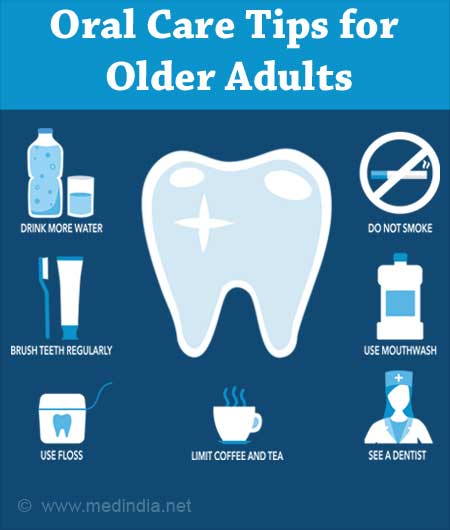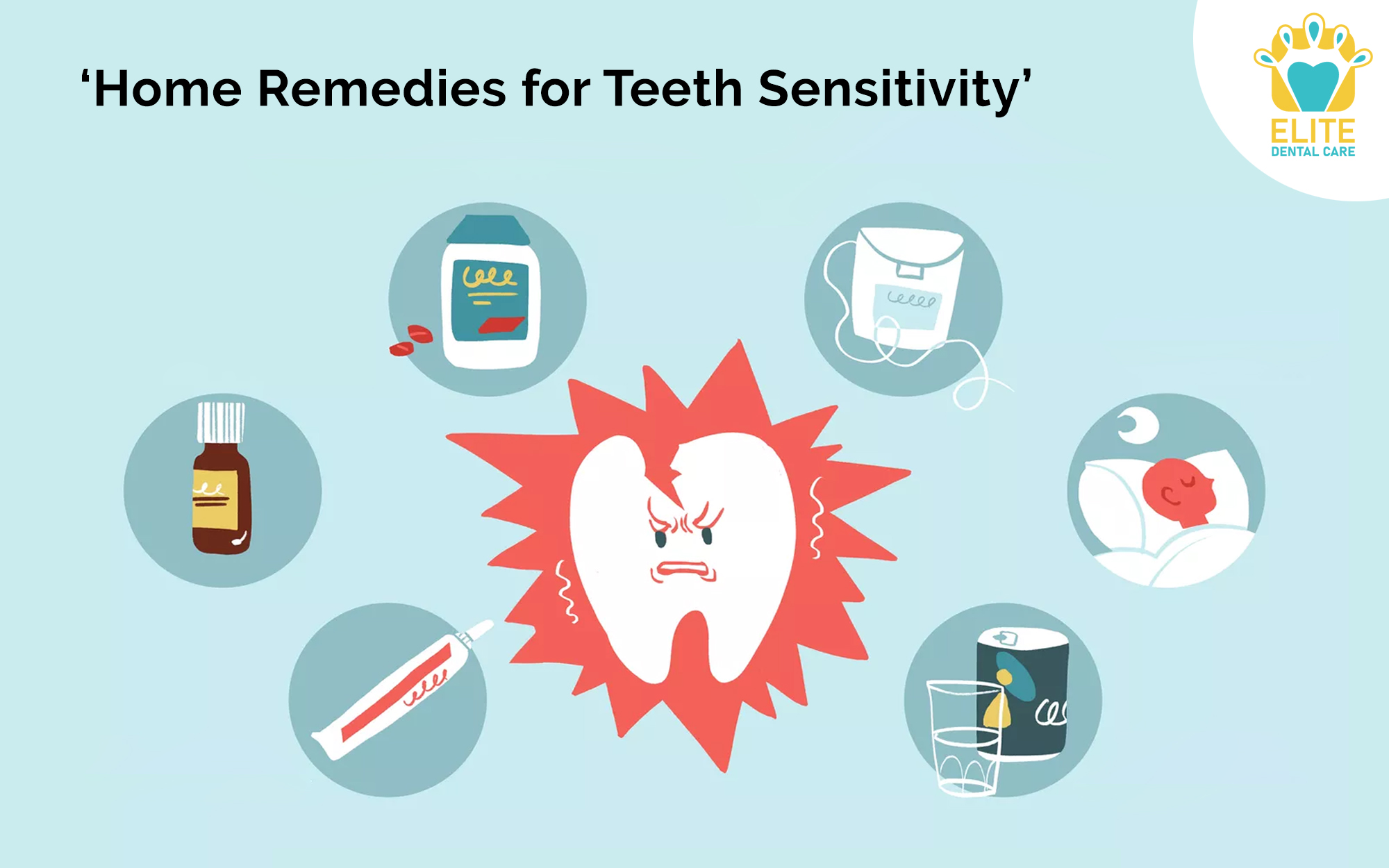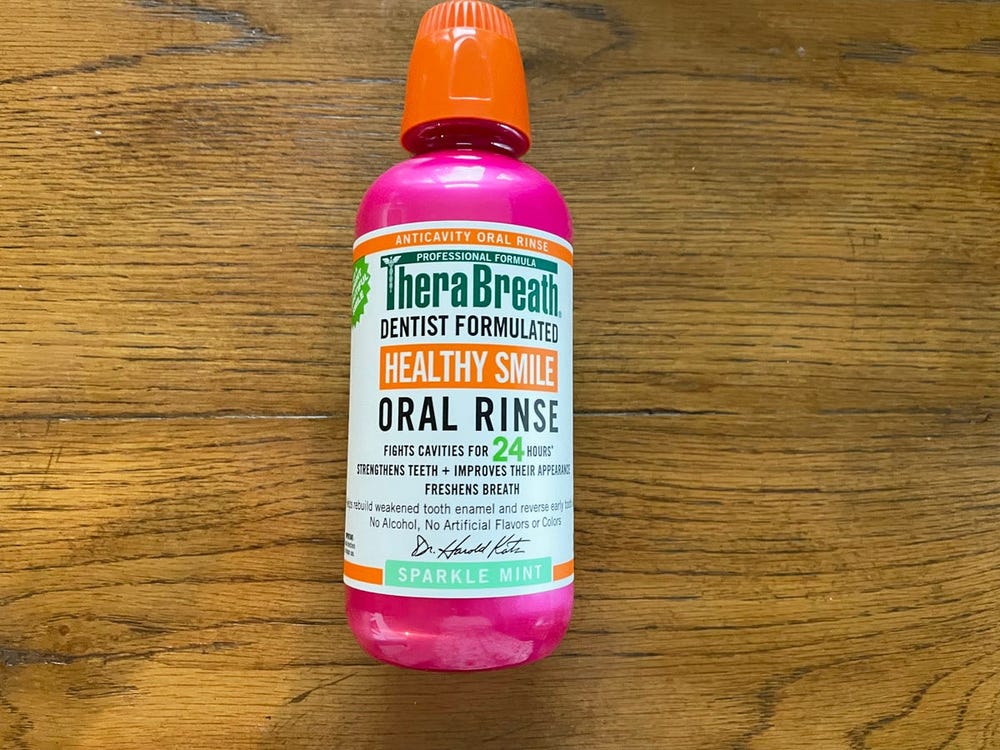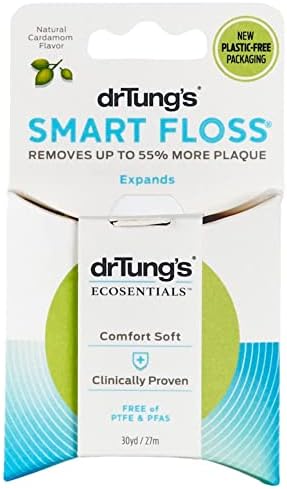Introduction
As we age, it becomes increasingly important to take care of our oral health. Good oral hygiene not only helps maintain a healthy smile but also contributes to overall well-being. However, the elderly often face unique challenges when it comes to oral care. In this blog post, we will discuss some top oral hygiene tips specifically tailored for the elderly, ensuring they can maintain good oral health and enjoy a better quality of life.
Brushing Twice a Day
One of the most important oral hygiene tips for the elderly is to brush their teeth at least twice a day. This helps remove plaque and bacteria that can lead to tooth decay and gum disease. Use a soft-bristled toothbrush and fluoride toothpaste for effective cleaning.
Flossing Daily
In addition to brushing, it is crucial for the elderly to floss their teeth daily. Flossing helps remove food particles and plaque from between the teeth and along the gumline, where a toothbrush cannot reach. This helps prevent gum disease and keeps the mouth healthy.
Use an Electric Toothbrush
For those with limited dexterity or arthritis, using an electric toothbrush can be beneficial. The rotating bristles of an electric toothbrush can provide a more thorough cleaning, making it easier for the elderly to maintain good oral hygiene.
Rinse with Mouthwash
Using an antimicrobial mouthwash can help kill bacteria and freshen breath. It is especially important for the elderly who may have difficulty brushing or flossing properly. Choose a mouthwash that is alcohol-free and recommended by your dentist.
Stay Hydrated
Drinking plenty of water throughout the day is not only important for overall health but also for oral health. Adequate hydration helps maintain saliva production, which is essential for neutralizing acids and preventing dry mouth, a common issue among the elderly.
Avoid Tobacco and Alcohol
Tobacco and alcohol can have detrimental effects on oral health. Smoking or chewing tobacco increases the risk of gum disease, oral cancer, and tooth loss. Excessive alcohol consumption can also lead to dry mouth and increase the risk of oral infections. It is best to avoid these habits for better oral hygiene.
Visit the Dentist Regularly
Regular dental check-ups are crucial for maintaining good oral health, especially for the elderly. Dentists can detect any oral issues early on and provide appropriate treatment. They can also clean the teeth professionally, removing any stubborn plaque or tartar.
Summary
Proper oral hygiene is crucial for everyone, especially the elderly. Aging can bring about various oral health issues, such as dry mouth, gum disease, and tooth loss. However, by following a few simple tips, seniors can maintain good oral health and prevent these problems:
- Brushing twice a day with a soft-bristled toothbrush and fluoride toothpaste.
- Flossing daily to remove plaque and food particles from between the teeth.
- Using an antimicrobial mouthwash to reduce bacteria and freshen breath.
- Regularly visiting the dentist for check-ups and professional cleanings.
- Ensuring a well-balanced diet that includes foods rich in calcium and vitamins.
- Quitting smoking and limiting alcohol consumption for better oral health.
- Using denture care products properly if dentures are worn.
By following these oral hygiene tips, the elderly can maintain a healthy mouth, prevent oral health problems, and enjoy a better quality of life. It is important to remember that good oral health contributes to overall well-being, allowing seniors to eat comfortably, speak clearly, and maintain their self-confidence.
- Q: How often should elderly individuals brush their teeth?
- A: It is recommended that elderly individuals brush their teeth at least twice a day, preferably after meals.
- Q: What type of toothbrush should elderly individuals use?
- A: Elderly individuals should use a soft-bristled toothbrush to avoid damaging their gums and tooth enamel.
- Q: How long should elderly individuals brush their teeth?
- A: It is recommended to brush teeth for at least two minutes each time to ensure thorough cleaning.
- Q: Should elderly individuals floss their teeth?
- A: Yes, flossing is important for removing plaque and food particles between teeth. Elderly individuals should floss at least once a day.
- Q: Are there any special considerations for denture wearers?
- A: Denture wearers should clean their dentures daily and remove them at night to allow the gums to rest. Regular dental check-ups are also important for denture maintenance.
- Q: Can medications affect oral health in the elderly?
- A: Yes, certain medications can cause dry mouth, which increases the risk of tooth decay. It is important to stay hydrated and discuss any oral health concerns with a healthcare professional.
- Q: Are regular dental check-ups necessary for the elderly?
- A: Yes, regular dental check-ups are essential for maintaining oral health. Dentists can identify and address any issues early on, preventing further complications.
- Q: How can elderly individuals improve their oral hygiene if they have limited mobility?
- A: Electric toothbrushes and floss holders can be helpful for individuals with limited mobility. Seeking assistance from a caregiver or using adaptive devices can also make oral hygiene easier.

Welcome to Implant Surgery Insights, your go-to resource for all things related to implant surgery, natural dental care, senior dental health, and dental product reviews. My name is Jamie Montgomery, and I am thrilled to be your trusted Implant Surgery Consultant.




